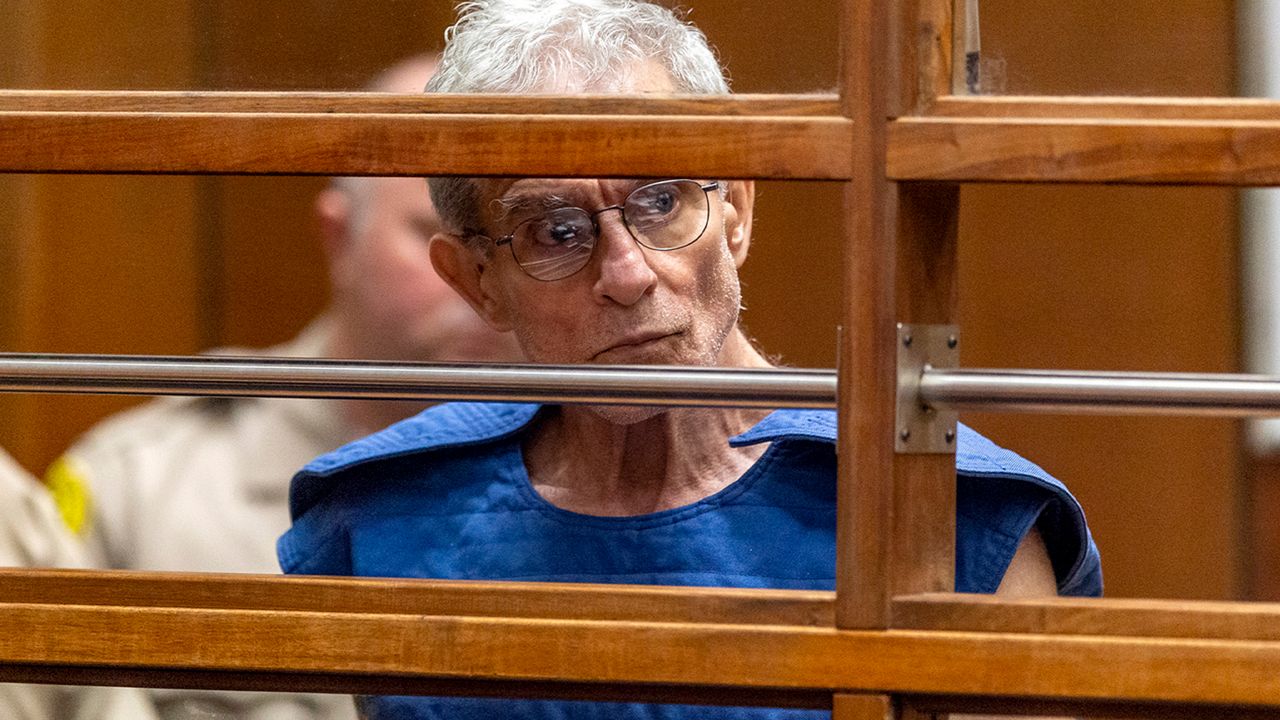LOS ANGELES (CNS) — Defense attorneys have filed a motion to have Ed Buck's convictions for providing the drugs that killed two men in his West Hollywood apartment overturned, arguing that the government "utterly failed" to prove any of the federal charges beyond a reasonable doubt, according to court papers obtained Wednesday morning.
An attorney for Buck wrote in the motion for acquittal that the two men, Gemmel Moore and Timothy Dean, suffered multiple underlying medical conditions that caused their deaths, not the methamphetamine they ingested, the document filed Tuesday contends.
"There is no interpretation of the evidence that overcomes reasonable doubt," defense attorney Ludlow Creary wrote.
After just 4 1/2 hours of deliberations on July 27 -- the four-year anniversary of Moore's death -- a federal jury in downtown Los Angeles found Buck guilty of the nine felony counts he faced.
Buck, the former WeHo political player -- who donated more than $500,000 to mostly Democratic causes and served in 2016 as one of California's electoral college members -- was convicted of two counts of distribution of controlled substances resulting in death, stemming from the deaths of Moore in July 2017 and Dean in January 2019. Those charges both carry 20-year mandatory minimums.
Buck was also convicted of enticing Moore and another man to travel to Los Angeles to engage in prostitution; knowingly and intentionally distributing methamphetamine; and using his West Hollywood apartment for the purpose of distributing narcotics such as methamphetamine, and the sedatives gamma hydroxybutyric acid (GHB) and clonazepam.
U.S. District Judge Christina Snyder did not immediately set a sentencing date.
Prosecutors alleged that Buck caused the deaths as a result of his "fetish" for injecting men with increasing doses of methamphetamine until they became comatose. The defense countered that the victims suffered from serious medical conditions that ended their lives.
Buck declined to testify in his own defense.
Over the course of the trial, federal prosecutors called more than 20 witnesses, including four men who told of smoking methamphetamine that Buck provided and then being pressured to allow the defendant to inject them with the drug.
The acquittal motion contends that the only evidence that Buck distributed methamphetamine and other drugs at his apartment was bolstered by "the testimony of drug addicts" and should not have been believed.
The defense called just one witness to the stand. Dr. Marvin Pietruszka, who runs a private autopsy service in the San Fernando Valley, testified that after analyzing photos, slides and medical reports on the bodies of Moore and Dean, he determined that both men had significant medical issues that caused their deaths. Methamphetamine, he told the jury, did not kill either one.
Creary wrote in his acquittal motion that the government's own evidence showed Moore died of pulmonary edema brought on by complications of HIV/AIDS. The lawyer alleged that Pietruszka "confirmed" that Moore was "suffering from full-blown AIDS" and his health was further compromised by "chronic methamphetamine abuse."
The second man, Dean, died 18 months later as a result of multiple health issues, including a bad heart and pulmonary edema "brought on by the ravages of methamphetamine addiction and alcoholism," according to Creary. "The evidence establishes that he died of advanced heart disease combined with the effects of alcohol intoxication."
Creary also argues that a doctor called by the prosecution told jurors that Dean "injected himself, and none of the syringes (only one of which was used) found in or around the apartment had Mr. Dean's DNA inside of them."
"This leads to only one conclusion," the attorney wrote, Dean "injected himself with methamphetamine before arriving at Mr. Buck's apartment."
Several doctors called by the prosecution, including a county medical examiner, testified that both men died from lethal overdoses of methamphetamine.



